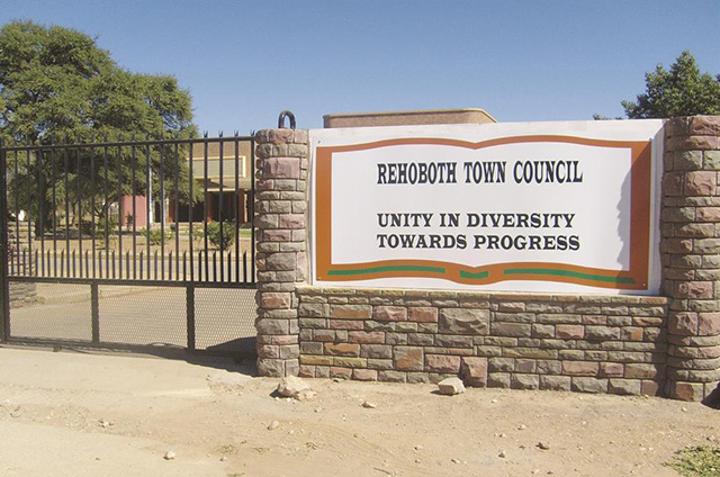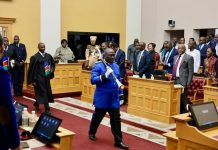Africa-Press – Namibia. REGIONAL councils in the country are experiencing challenges in filling vacant positions due to, among others, political interference in recruitment processes.
According to human resource practitioners from regional councils who spoke at a forum yesterday, this has led to delays in the recruitment process and has prevented councils from appointing the best candidates for the job to ensure proper service delivery.
Politics is said to prevent capable individuals from being hired, having a negative impact on the quality of service delivery.
Following the 2020 local and regional authority elections, many regional councils have been run by individuals representing different political parties.
“You find that a councillor of a specific constituency is from political party A, and the nominated candidate (for appointment) is from political party B, and that is the challenge for many regional councils,” Maria Tshimweetheleni, a human resources (HR) practitioner at the Ohangwena Regional Council, says.
Tshimweetheleni says councillors want to control the entire recruitment process.
She says, for example, a councillor was recently curious about a shortlisted candidate’s place of origin before an appointment letter was signed.
Speaking at the forum, Martiina Uushunga, an HR practitioner at the //Kharas Regional Council, said in many instances, positions remain vacant for years, despite resources and time put into the announcement of the position.
“The root cause of this is political issues as well as tribalism issues. We have those cases where we have a person who came for the interview, a recommendation was made, and it has been two years without the person being appointed,” Uushunga said.
Katrina van Wyk, an acting senior HR practitioner at the Hardap Regional Council, expressed her concern about the issue. She said getting councillors to sign appointment letters remains a challenge.
“When you speak about the final submission for appointment, it’s a great struggle to get people appointed if councillors do not want them there, despite them being the best-qualified candidates,” Van Wyk said.
Paulus Ndemupanda, a senior HR practitioner at the Kunene Regional Council, said there is endless conflict between regional councils and the Public Service Commission (PSC) regarding positions delegated to regional councils.
“In Kunene we had around 30 vacant positions which are a result of this push and pull between the council and the commission,” he said.
Ndemupanda believes the PSC should request an audience with the council if a recommendation for appointment has not been implemented or approved yet.
“This will help HR to fast-track the recruitment process,” he said.
Meanwhile, public service commissioner Gerson Kamatuka said HR practitioners at regional councils must desist from making appointments along tribal lines. He said they should ensure that recruitment panels are diverse so that the best-qualifying person is hired.
“Some of your regional councils are selective by tribe. You are young Namibians, but you are still tribalistic. You only want people from your village to go work there,” Kamatuka said.
The three-day HR forum kicked off yesterday in Windhoek, and is aimed at highlighting the challenges faced by HR practitioners at regional council level.
For More News And Analysis About Namibia Follow Africa-Press






